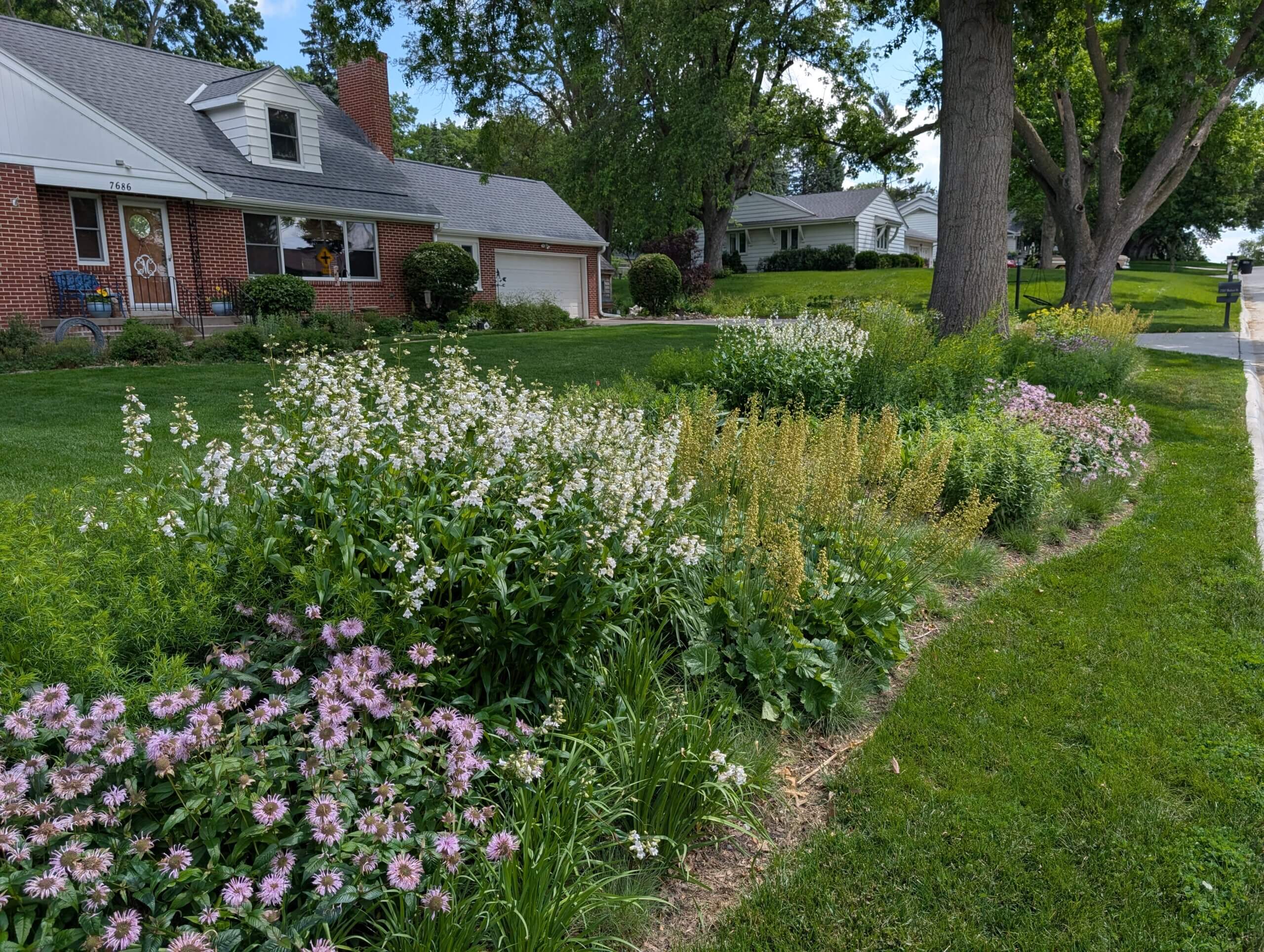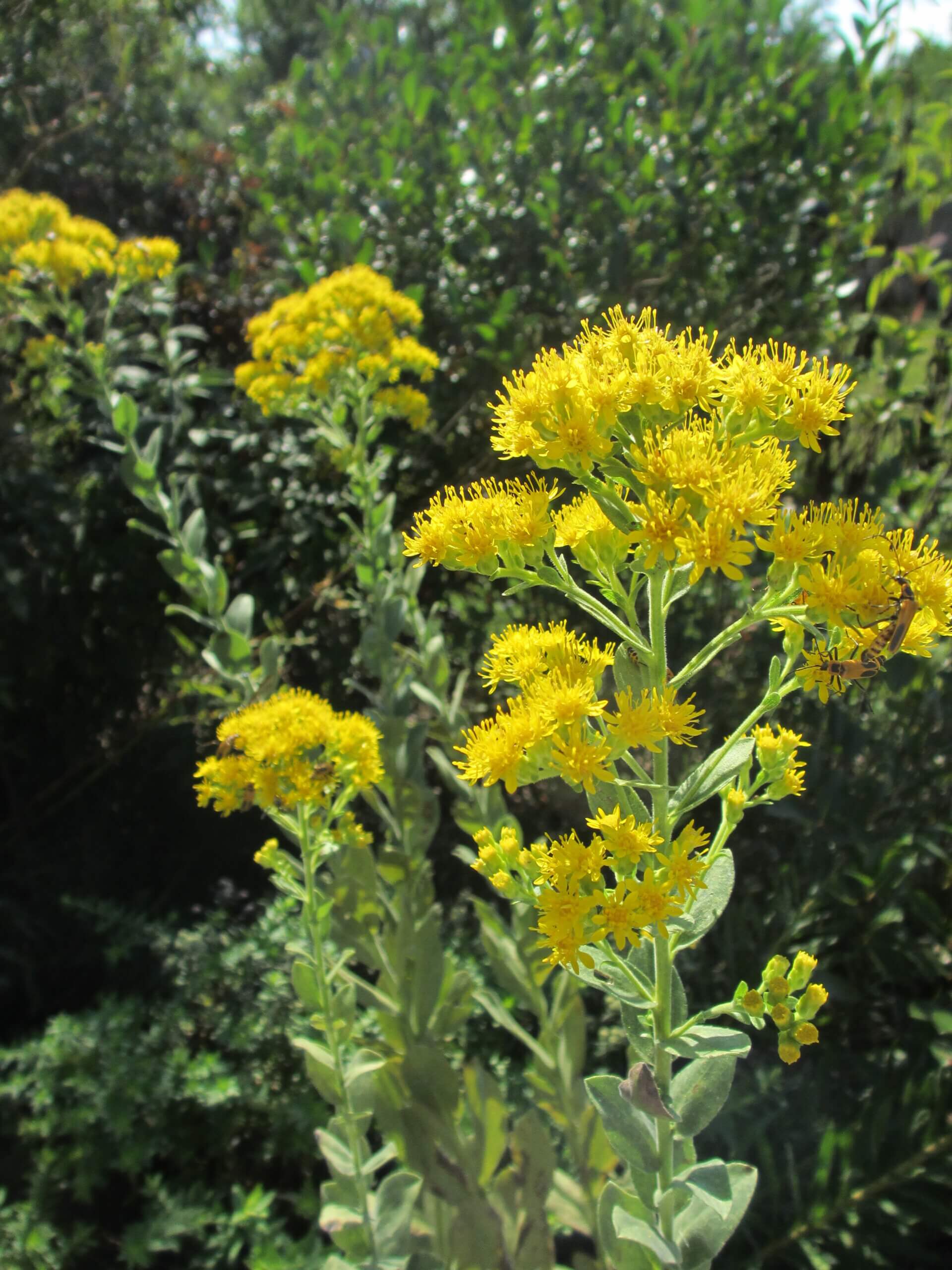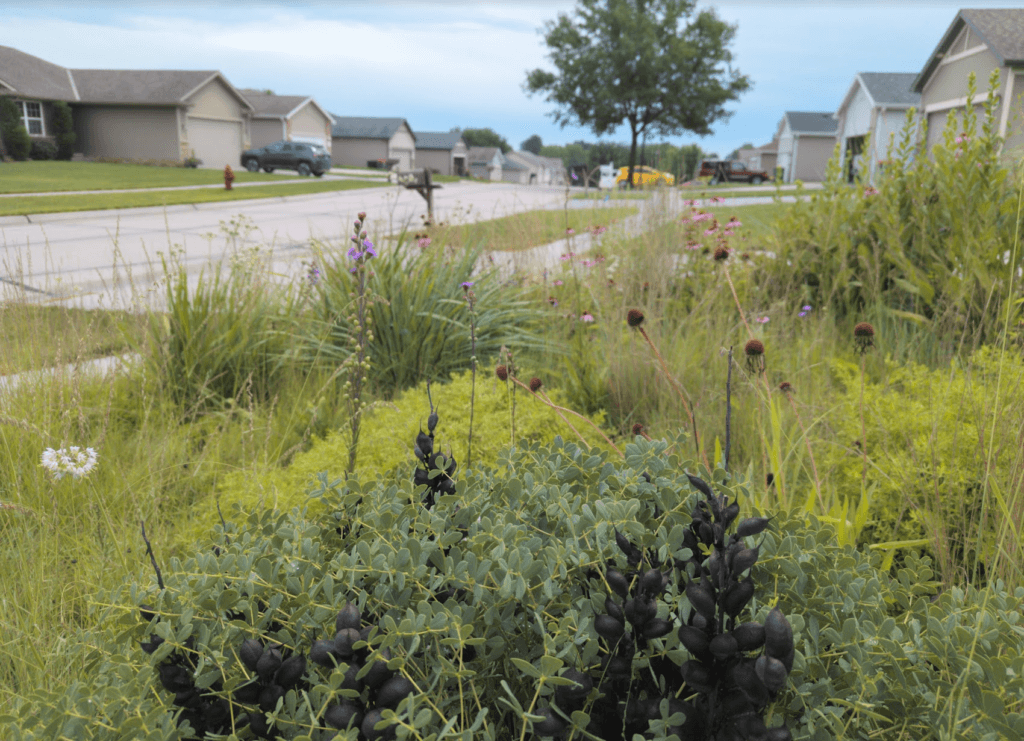
On Home Affordability, Poverty, and Unlawning America
I don’t know who that Michael Green financial analyst guy is who looked at one county in NJ to state
Over the last 7-9 years I’ve heard this term tossed around a lot. While thankfully not as as prevalent a term today, it is still used. Just this week someone employed it on a social media thread and, to be honest, I partially lost it because by this point we should be more cognizant of the repercussions (especially after this year). Here’s what I said:
“Anyone using this term is practicing and defending human supremacy by invoking another term that brings up horrid images of supremacy and genocide. It’s ignorant, disgusting, and uncalled for. In many ways, horticulture is an act of supremacy, and to call that out will always upset, alienate, and confront those we wish would look more reflectively at their practice as gardeners and professed lovers of nature.”
For too long there’s been this ideological impasse between native plant gardeners and those that use a large proportion of exotic plants. The latter group accuses the former of being racist, xenophobic, and exacting unreal purity standards, while the former accuses the latter of not really caring about nature and continuing a tradition of ecological destruction that’s part of larger cultural systems of power. I’ve fallen on “both sides” many times, but to be honest, I live in the grey with the majority — which is probably where we’ll make the most strides since, ultimately, we all agree on the importance of nature in any form, the need to garden ecologically and naturally, and that human-caused climate disruption is real. How we turn the tide is as much about what we do as it is what we say as we get there.
As I explore in my book A New Garden Ethic, when anyone from any perspective starts name calling and labeling, the jig is up. Those who are slinging labels are: 1) tacitly aware of their precarious situation and 2) feeling afraid, angry, cornered, and called out, so need a way to easily dismiss challenging ideas. When the latter happens it’s simple human psychology 101 and totally natural. For example, it’s my book’s job to call out people and make them uncomfortable, to elicit self reflection, and to force a reconsideration of our perspectives. Insist that someone who finds immense beauty and purpose in gardening with a majority of exotic plants that they should be employing more natives, and of course they’re going to feel that their identity / profession / passion are being undermined — and thus their world, which is seemingly becoming more destabilized by radical thinking, will need to be defended in order to right the ship and have, once again, a clear sense of self and order. This is all covered in chapter 3 of A New Garden Ethic — and is labeled as one step of five in processing grief.
But using the term “native plant nazi” says something much more insidious about the person using it. That term simply has no place in any discussion no matter how heated it is or how aggressive / radical / ideological / passionate any perspective may be.
Ultimately, any conversation about native and exotic plants is not about the plants themselves. Instead, the conversation is really about human privilege and supremacy, about confronting ecological injustice, systemic genocide across species, and a society dominated by an economic system which not only marginalizes groups of humans but entire landscapes and geographies for the temporary gain of a very few. Until we start having these larger, deeper, and more uncomfortable conversations, there will be no progress made on the complex cultural reflection that a garden is, and the meaning a garden will have in a time of mass extinction caused by one species (and keep in mind the entire planet is now a garden, for better or worse). Unfortunately, it’s hard for any of us to step back from our first, passionate responses — responses that are necessary and part of any worthwhile conversation — and to listen objectively, search deeply and feelingly, and begin to reassess our belief systems in light of challenging ideas.
For a more comprehensive conversation on the phrase that instigated this post, I can’t think of a better source than Nancy Lawson’s erudite piece with extensive links entitled “Depoliticizing the Wildlife Garden.”
And this piece on ecofascism and the history of racism in environmentalism is a good starting point.

I don’t know who that Michael Green financial analyst guy is who looked at one county in NJ to state

Oh that’s a cool plant, stiff goldenrod, Oligoneuron rigidum. I wonder if that would work in my garden. Maybe it’s
